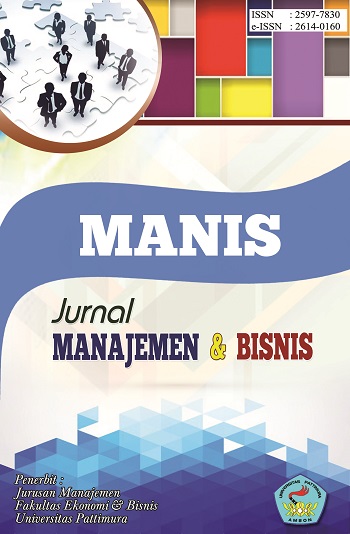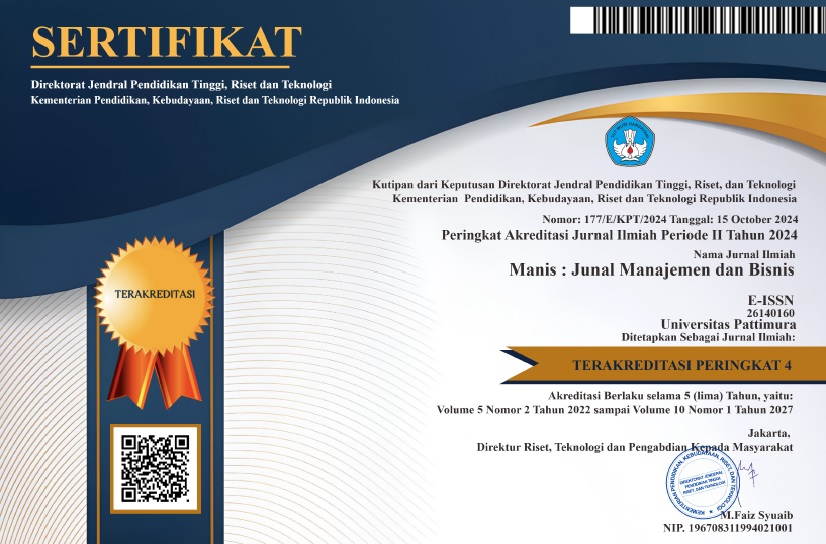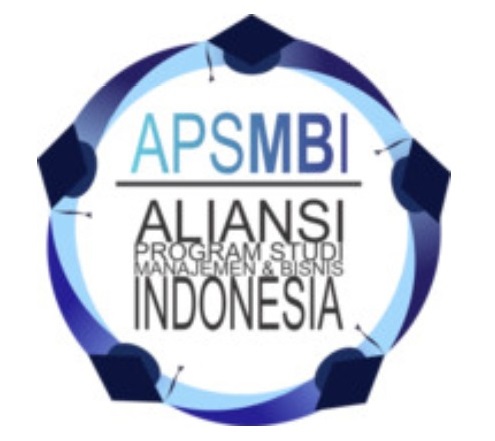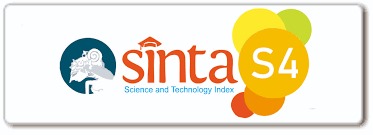THE THE EFFECT OF EMOTIONAL INTELLIGENCE AND SELF-EFFICACY ON THE ETHICAL JUDGMENT OF FUTURE ACCOUNTANTS IN EASTERN INDONESIA
Abstract
Ethical decision making is a very crucial decision by an accountant. Ethical decisions have a moral content that must be upheld by accountants. The purpose of this study is to investigate the impact of emotional intelligence and self-efficacy on the ethical judgment of future accountants in Eastern Indonesia. The focus of eastern Indonesia refers to the potential for the region to develop in the future. This study uses a quantitative approach with data management using SPSS. 116 respondent data were processed using SPSS and showed that emotional intelligence had no effect on ethical judgment while self-efficacy had a negative effect on the ethical judgment of future accountants in eastern Indonesia. The limitation of this study is that the respondents came from 2 universities in eastern Indonesia, so that in the future, in order to enrich the results of similar studies, further researchers can use many respondents in different locations
Downloads
References
Carnegie, G., Parker, L., & Tsahuridu, E. (2021). It’s 2020: What is Accounting Today? Australian Accounting Review. https://doi.org/10.1111/auar.12325
Chang, S.-H., Shu, Y., Lin, Y.-H., & Wang, C.-L. (2019). “I Believe”,“I Think”, then “I Will”? Investigating the Mediator Role of Ethical Judgment between internet ethical self-efficacy and ethical behavioral intention. Computers in Human Behavior, 101, 387–393.
Dangmei, J., & Singh, A. (2017). Relationship between emotional intelligence and ethical competence: An empirical study. International Journal of Management, IT & Engineering, 7(12).
Dewanto, A. M., & Nurhayati, S. (2012). Pengaruh kecerdasan emosional dan kecerdasan spiritual terhadap sikap etis dan prestasi mahasiswa akuntansi (studi pada perguruan tinggi di kota Pekalongan). Pena: Jurnal Ilmu Pengetahuan Dan Teknologi, 23(1).
Griffin, R. W., Phillips, J. M., & Gully, S. M. (2020). Organizational behavior: Managing people and organizations. CENGAGE learning.
Hameli, K., & Ordun, G. (2022). The mediating role of self-efficacy in the relationship between emotional intelligence and organizational commitment. European Journal of Management Studies, 27(1), 75–97.
Hopkins, M., & Deepa, R. (2018). The impact of emotional intelligence on ethical judgment. Journal of Management Development, 37(6), 503–511.
Ismail, S., & Rasheed, Z. (2019). Influence of ethical ideology and emotional intelligence on the ethical judgement of future accountants in Malaysia. Meditari Accountancy Research. https://doi.org/10.1108/MEDAR-04-2018-0326
Johari, R. J., Rashid, N., Yazid, A. S., & Salleh, F. (2018). An Empirical Examination of Undergraduate Accounting Students’ Ethical Judgment: Malaysia Evidence. International Journal of Academic Research in Business and Social Sciences, 8(12), 669–681.
Liu, B., Yang, T., & Xie, W. (2022). Emotional regulation self-efficacy influences moral decision making: a non-Cooperative Game study of the new generation of employees. International Journal of Environmental Research and Public Health, 19(23), 16360.
Ludlum, M. P., & Moskaloinov, S. (2005). Russian student views on business ethics: Post-Enron. College Student Journal, 39(1), 156–165.
Poje, T., & Groff, M. Z. (2023). Ways ethics education toolkit impacts moral judgment of accounting students. Accounting Research Journal, 36(2/3), 251–273.
Salovey, P., & Mayer, J. D. (1990). Emotional intelligence. Imagination, Cognition and Personality, 9(3), 185–211.
Sari, D. S. G., & Susanti, A. D. (2020). Pengaruh Efikasi Diri Terhadap Tindak Kecurangan Akademik Mahasiswa Pendidikan Akuntansi Melalui Kecemasan Akademik. Jurnal Pengembangan Pendidikan Akuntansi Dan Keuangan (JPPAK), 1(1).
Shafaei Qarekushan, M., Ahmadi, F., KORDLOUIE, H., Khanmohammadi, M., & Mahmoodiyandastnaee, T. (2024). A Model for the Effect of Emotional Intelligence Components on Auditor’s Ethical Judgment by Considering the Personality Trait of Extraversion. International Journal of Finance & Managerial Accounting, 9(33), 113–128.
Stanga, K. G., & Turpen, R. A. (1991). Ethical judgments on selected accounting issues: An empirical study. Journal of Business Ethics. https://doi.org/10.1007/BF00705708
Stenmark, C. K., Redfearn, R. A., & Kreitler, C. M. (2021). Self-efficacy and ethical decision-making. Ethics & Behavior, 31(5), 301–320.
Wong, C.-S., & Law, K. S. (2002). Wong and law emotional intelligence scale. The Leadership Quarterly.
Wulandari, T., Agustin, H. P., & Mainatul, I. (2024). Pengaruh kecerdasan intelektual, kecerdasan emosional, love of money, locus of control, dan pemahaman kode etik profesi terhadap perilaku etis mahasiswa akuntansi perguruan tinggi di Jember. Kurva: Jurnal Ekonomi Manajemen Keuangan Dan Bisnis, 1(2), 106–118.
Copyright (c) 2025 Manis: Jurnal Manajemen dan Bisnis

This work is licensed under a Creative Commons Attribution-NonCommercial-ShareAlike 4.0 International License.










 This work is licensed under a
This work is licensed under a 